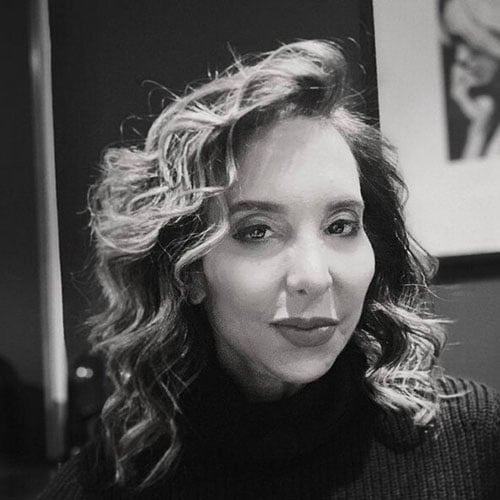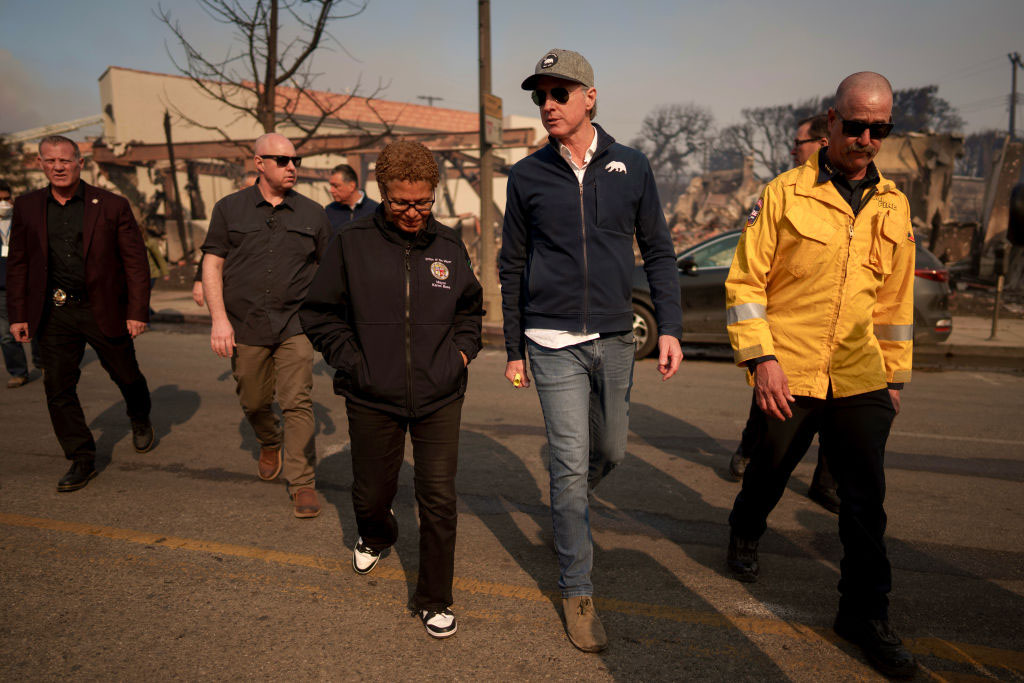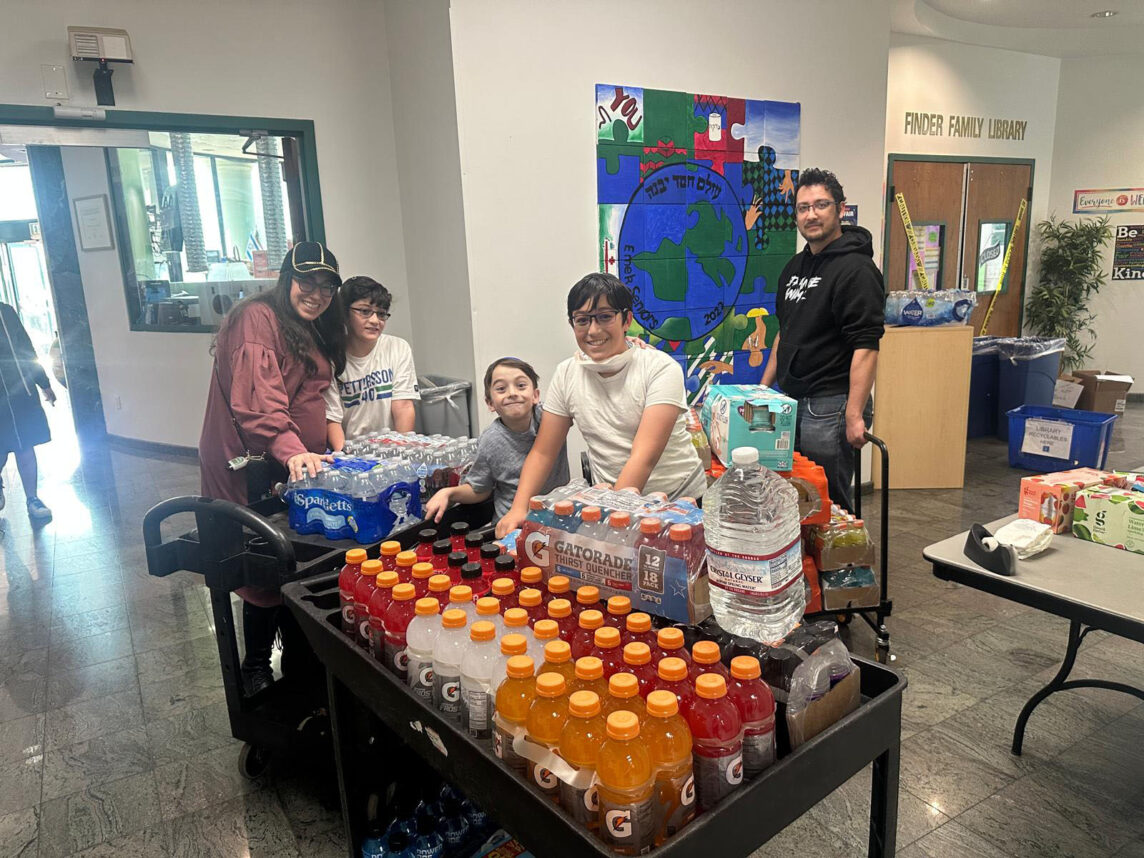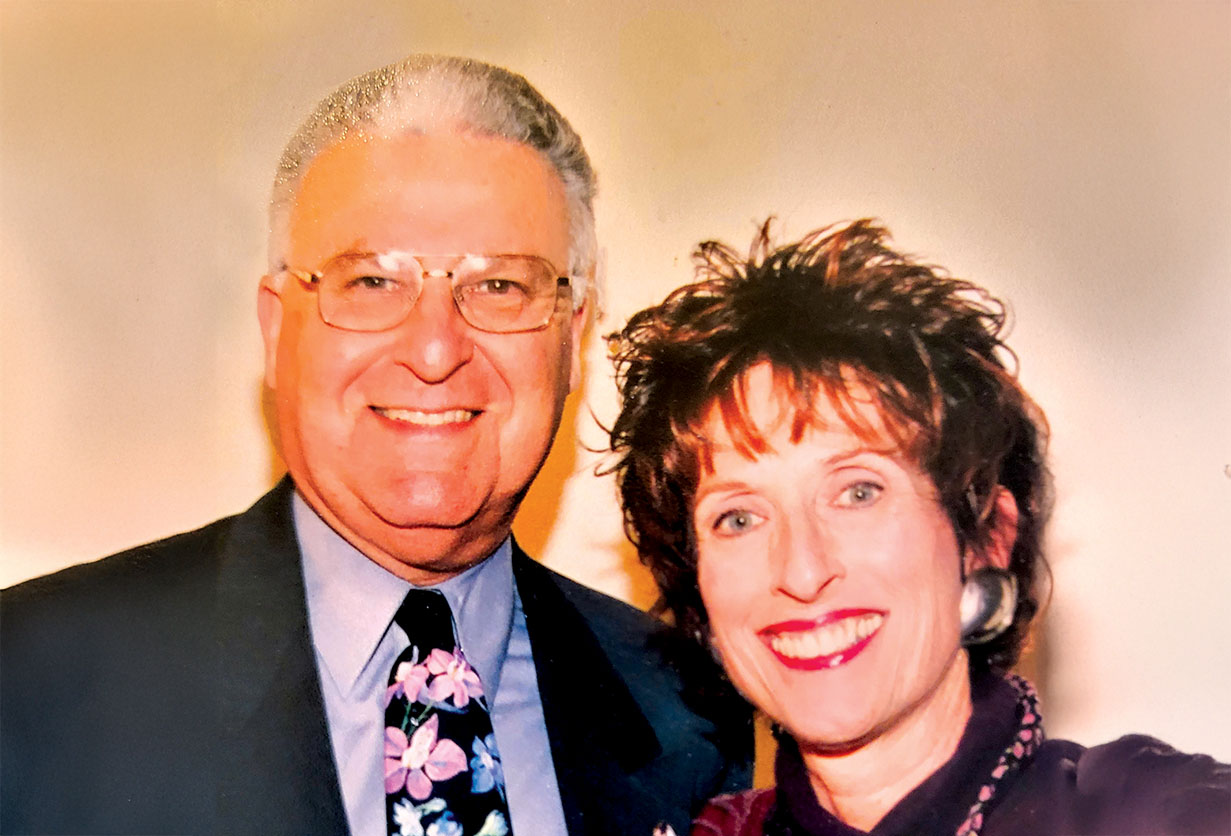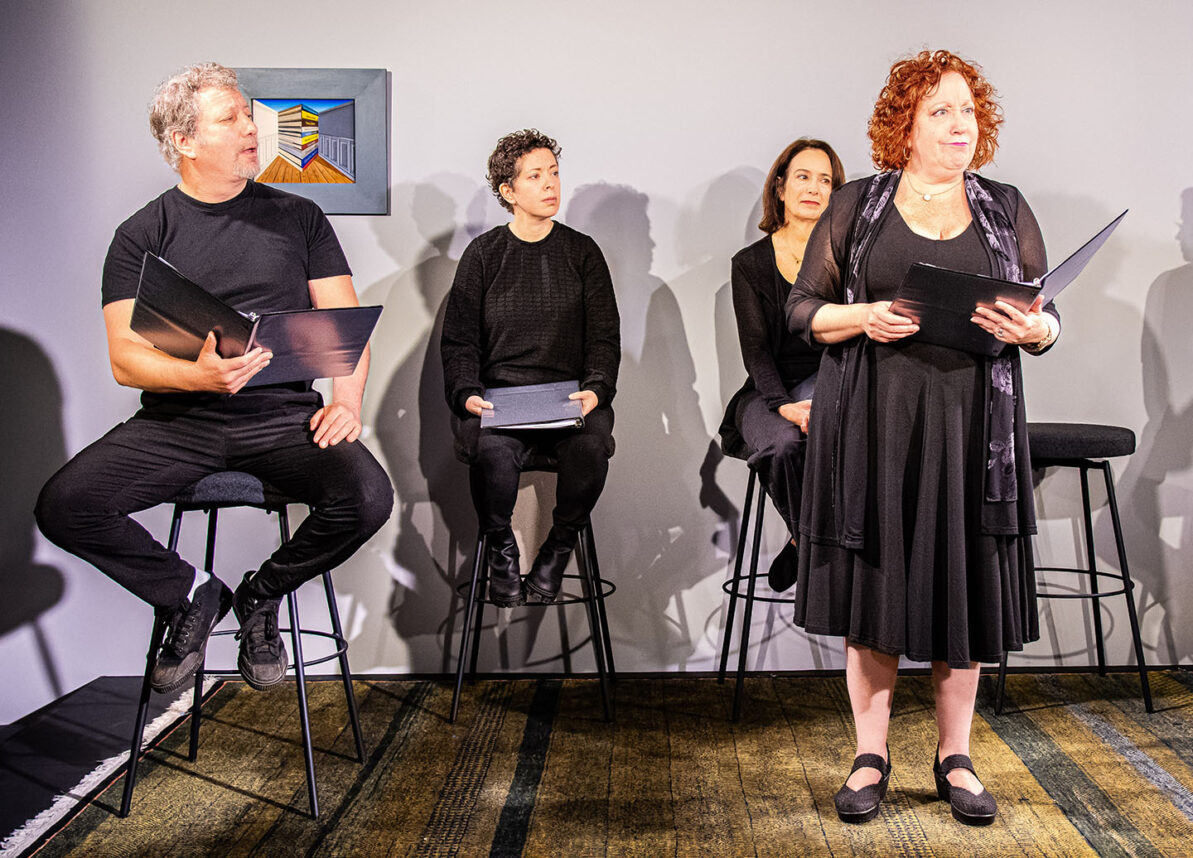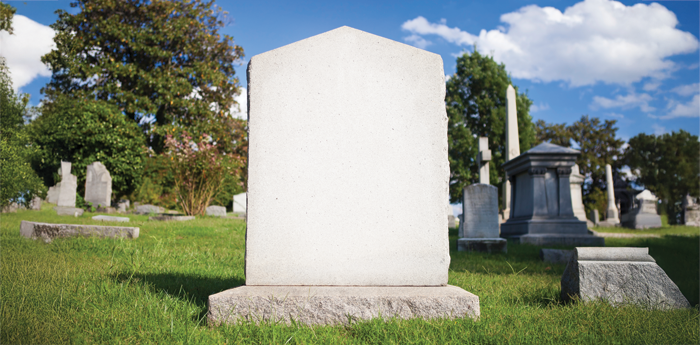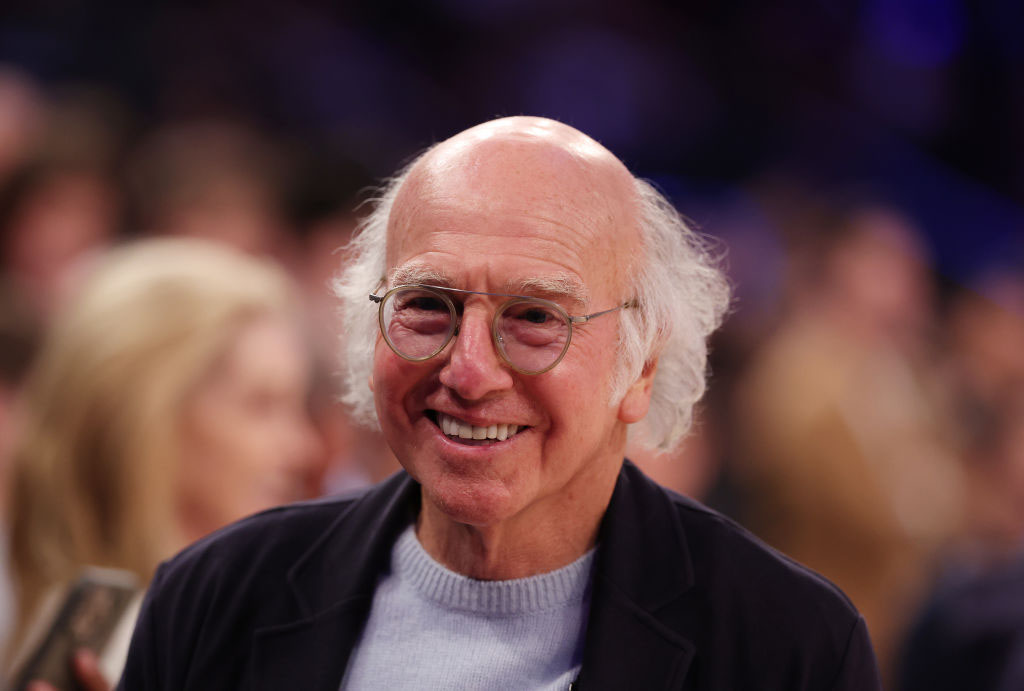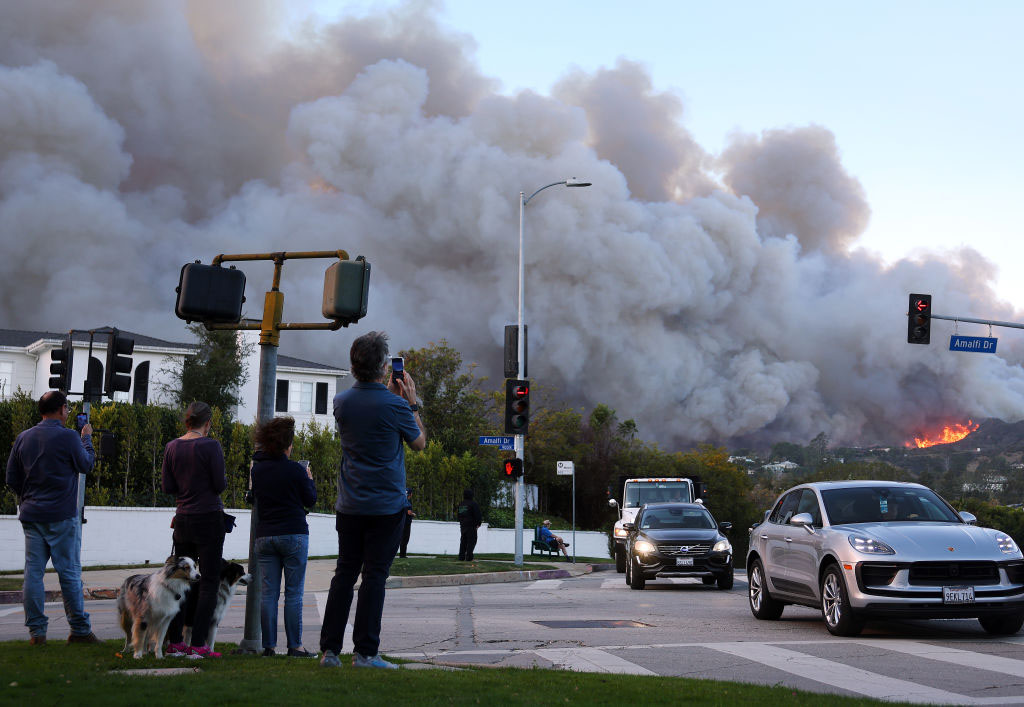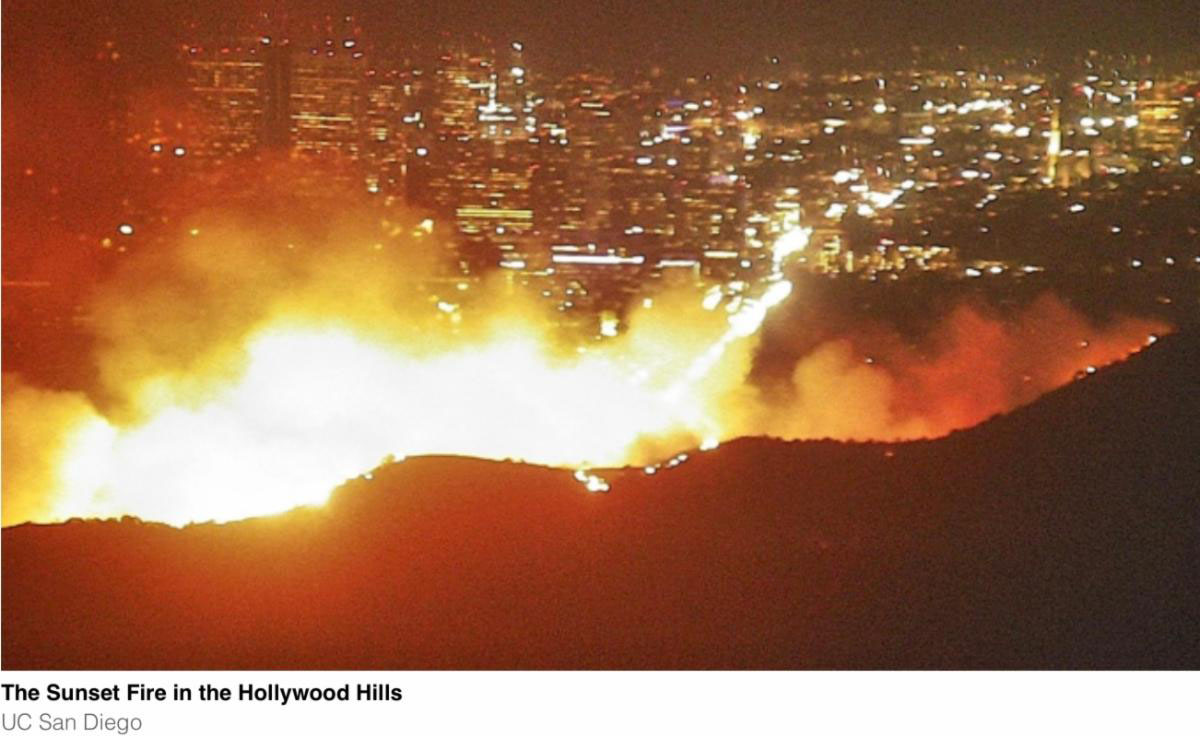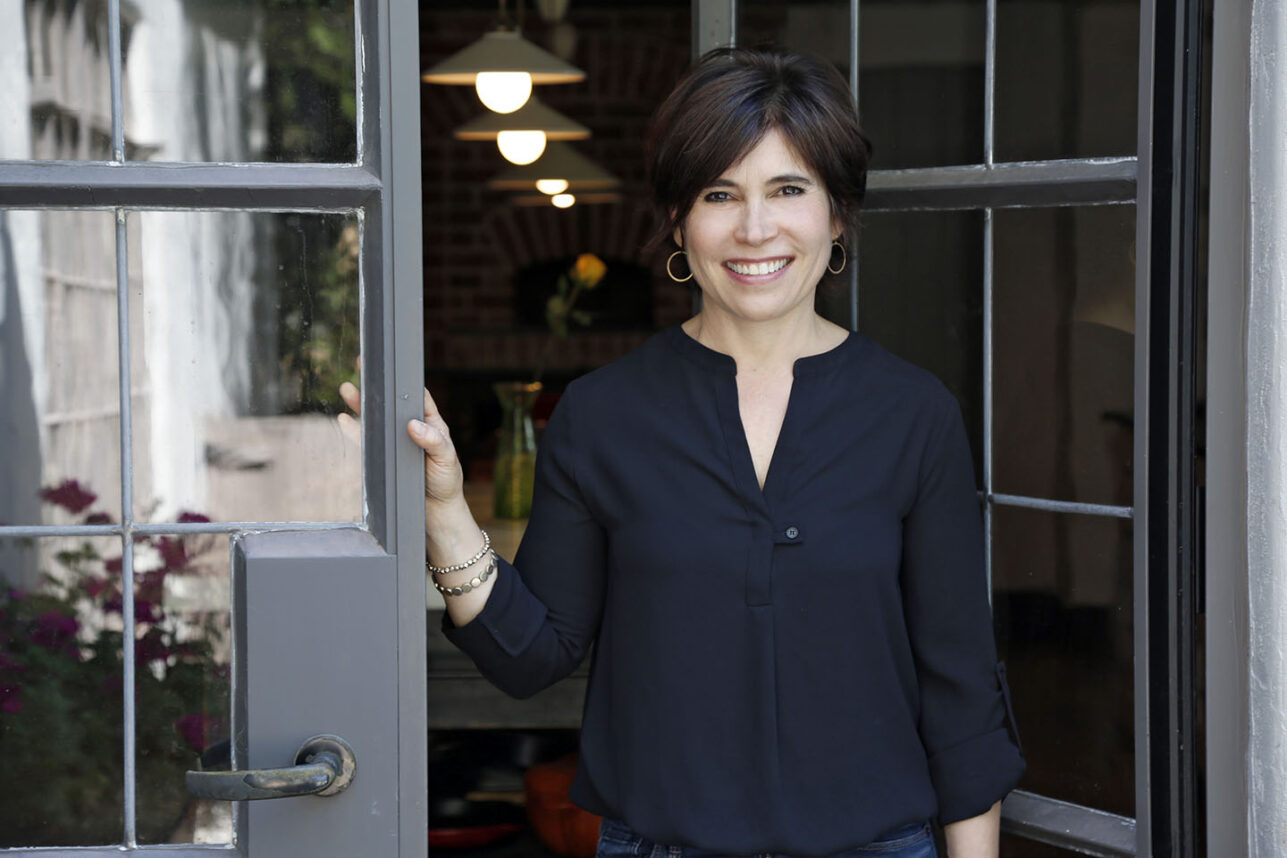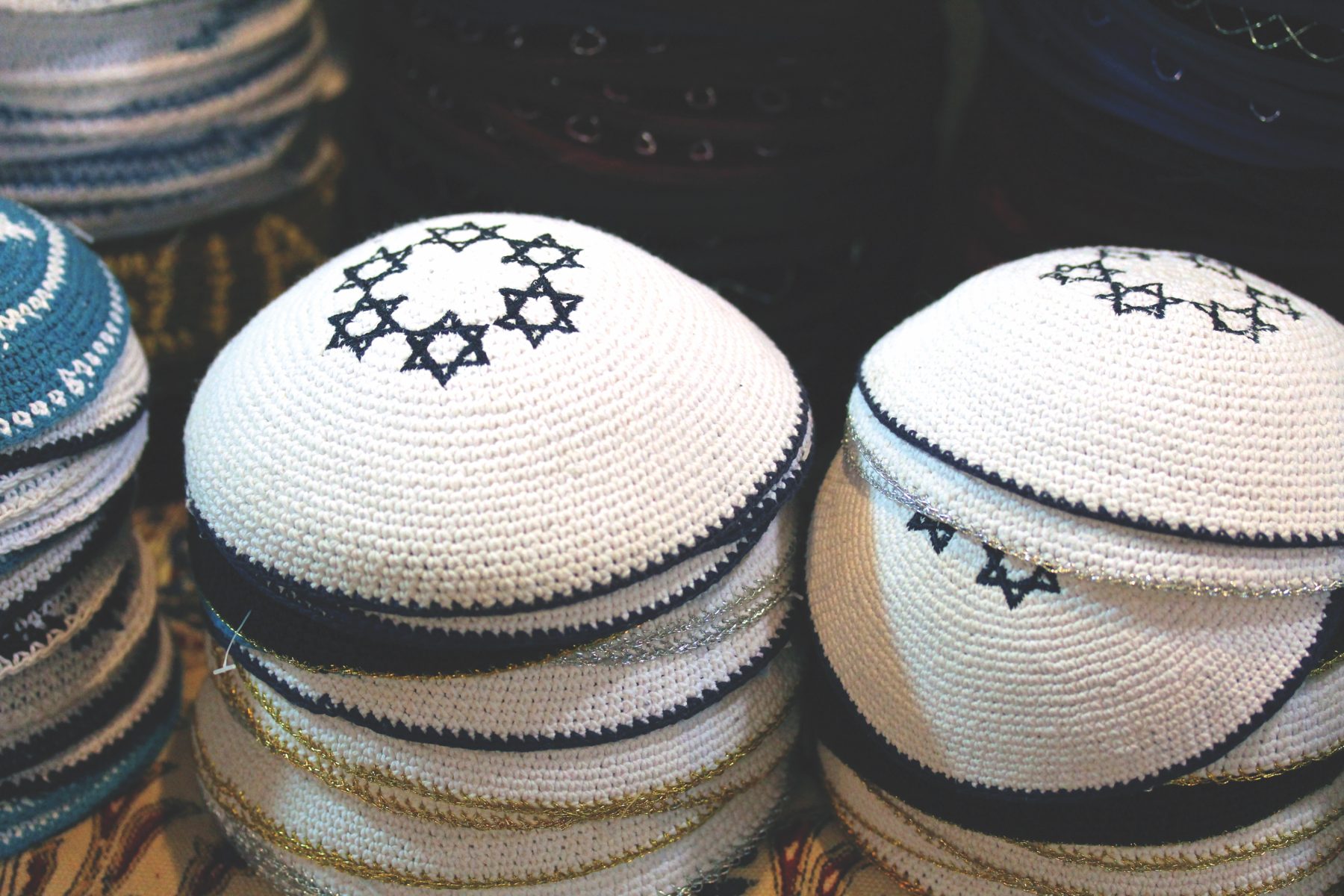
Within two weeks of the Oct. 27 Pittsburgh massacre, the following incidents were reported in New York City:
• Six teens hurled a pole through a Brooklyn synagogue window during evening prayers.
• A 26-year-old progressive activist was arrested on charges that he scrawled anti-Semitic graffiti in another Brooklyn synagogue and set fires at seven Williamsburg synagogues and yeshivas.
• Swastikas appeared on homes in Brooklyn Heights and on the Upper West Side.
• Three teens threatened to stab a Jewish man and “kill all Jews” in Crown Heights.
• A rabbi was verbally harassed on the subway by supporters of Louis Farrakhan.
And before Pittsburgh, on the Upper East Side where I live, “Free Gaza” was recently spray-painted all over a Chabad sukkah.
There have been more such incidents than usual, to be sure. But New Yorkers have come to expect stuff like this in recent years, as well as the fact that none of the perpetrators appears to have been a white supremacist.
Even The New York Times had to admit: “During the past 22 months, not one person caught or identified as the aggressor in an anti-Semitic hate crime has been associated with a far right-wing group.”
This is not to say that white supremacists don’t exist in the area. In fact, the first time I realized that my 9-year-old son, Alexander, was growing up in a very different era was four years ago when a boy — who looked as though he could pass Hitler’s Aryan test just fine — said to him matter-of-factly: “I don’t like Jews.”
I told Alexander about the Pittsburgh massacre and the incidents that followed. If our synagogue didn’t have top-notch security, I may have been more hesitant. But he knows he’s safe. I make sure he thanks the NYPD officers who have stood outside of our synagogue since 9/11.
Still, what was scrawled on the Brooklyn synagogue — “Die Jew rats we are here” — made him especially angry.
It’s a fine line — we need to make our kids aware but not scare them. At the same time, I wanted him to commemorate Pittsburgh somehow.
An idea came to me when he forgot to take off his kippah after Hebrew school the Monday after the massacre. That day, I had already decided that I needed to address his increasing addiction to video games. Like most parents today, I have wanted to throw his iPad into the East River about a dozen times.
To keep it, Alexander has made all sorts of deals. That Monday, I offered up a new one: He would get to keep his iPad if he wore his kippah for an hour in the apartment. He said “Deal!” so fast I was sorry I hadn’t required more.
Alexander woke me up extra early the next morning to show me that he was wearing his kippah. I immediately forgave the former for the beauty of the latter. As he went back to his room, I said, “Remember, this is also about commemorating the victims of Pittsburgh.” “I know,” came a voice already lost to a video game.
That week turned out to be a difficult one for him in dealing with some of his friends. A couple of days he came home despondent. I placed the kippah on his head. “You know,” I said, “wearing a kippah is like wearing a blessing; it’s like wearing love.” He didn’t respond but I know he heard me.
The next day his despair had turned to anger. He had been asked to overlook another boy’s flaws — to be the bigger person. I placed the kippah on his head. He shot me a look of “Whatever you’re going to say, I’m not buying it,” so I didn’t say anything. Later, though, I talked with him about how hard it is to be the bigger person.
“You’re growing up in a time, though, that in some ways makes these types of problems easier,” I said. “You and your Jewish friends may be facing far bigger issues, possibly in high school, most certainly in college. You guys are going to need the tight bond you already have. All of this competitive energy will need to be harnessed. You will learn when to be brave and when to walk away.”
He didn’t say anything, but he touched his kippah.
He will learn how to gain Maccabean strength from Judaism. I write these words praying he won’t have to.
Karen Lehrman Bloch is an author and cultural critic living in New York City.
